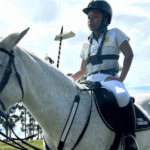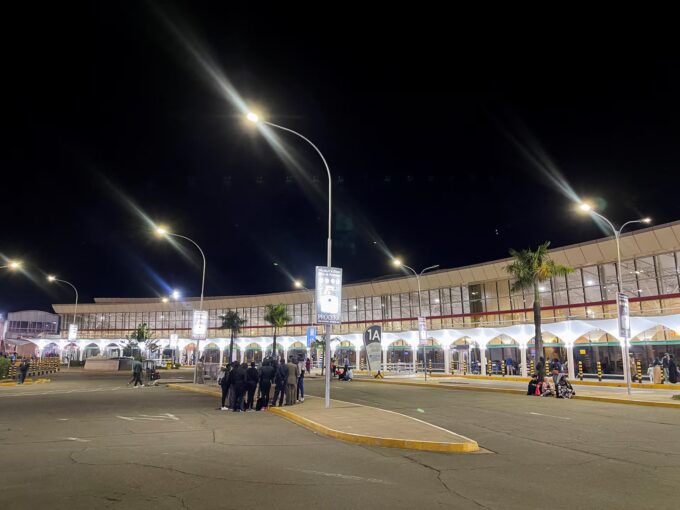Capt. Ibrahim Traoré, Burkina Faso’s 37-year-old military ruler, has captivated Africa and beyond with his bold pan-Africanist vision, railing against Western imperialism and neo-colonialism. Since his 2022 coup, Traoré has pivoted Burkina Faso from its former colonial power, France, to a close alliance with Russia, including deploying Russian paramilitary forces, and implemented left-leaning economic reforms. His fiery rhetoric and social media savvy draw parallels to Thomas Sankara, Burkina Faso’s revolutionary hero often called “Africa’s Che Guevara,” but his crackdown on dissent and ongoing security challenges spark debate about his leadership.
Traoré’s message of African self-reliance resonates deeply in a continent rich in resources yet plagued by poverty. “His impact is huge, even inspiring politicians in Kenya,” Beverly Ochieng of Control Risks told the BBC. His 2023 Russia-Africa Summit speech, urging leaders to reject Western control, gained traction through Russian media, while AI-generated videos falsely depict stars like Justin Bieber praising him. On X, Traoré’s May 2025 post from Russia, alongside Mali and Niger’s junta leaders, vowed to defeat “terrorism and imperialism,” earning widespread support among African and diaspora communities.
Economically, Traoré’s “revolution” focuses on Burkina Faso’s gold wealth. His junta established a state-owned mining company, mandating 15% stakes for foreign firms like Russia’s Nordgold and skill transfers to locals. Plans for a gold refinery and national reserves aim to boost sovereignty, but Western firms face hurdles, with Australia’s Sarama Resources seeking arbitration after losing an exploration license in 2024. Two London-listed mines were nationalized, with more takeovers planned. The IMF projects a “robust” 2025 economy, with poverty dropping to 24.9%, though inflation rose to 4.2%.
Critics highlight Traoré’s failures, particularly in curbing a 10-year Islamist insurgency that has displaced thousands and spread to Benin. His regime’s suppression of opposition, media, and civil society—punishing critics like medics by sending them to jihadist frontlines—has drawn condemnation. France’s Emmanuel Macron criticized Traoré’s ties to Russia and China, while U.S. Gen. Michael Langley claimed he uses gold reserves for personal gain, prompting rallies against alleged coup plots tied to the Ivory Coast. Supporters on X dismissed these as “imperialist smears.”
Traoré’s youth aligns with Burkina Faso’s 17.7 median age, making him a symbol of hope. “He channels Sankara’s spirit,” Rinaldo Depagne of the International Crisis. At Ghana’s 2025 presidential inauguration, Traoré’s arrival in battle fatigues overshadowed 21 heads of state, as noted by Ghanaian analyst Prof. Kwesi Aning. Yet, Aning warns that Traoré risks mirroring Jerry Rawlings’ mixed legacy if he prioritizes power over governance. A 2024 Afrobarometer survey shows declining faith in democracy, fueling Traoré’s appeal as an alternative to leaders rigging elections.
Burkina Faso’s exit from ECOWAS, alongside Mali and Niger, and new tariffs signal a regional shift. For a lasting legacy, analysts urge Traoré to focus on peace and institutions.













Leave a comment